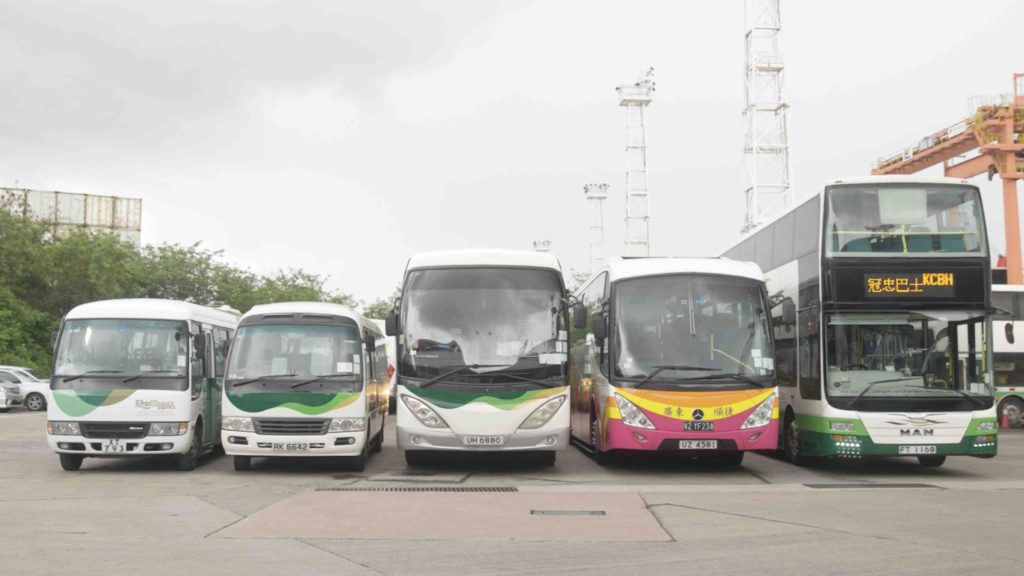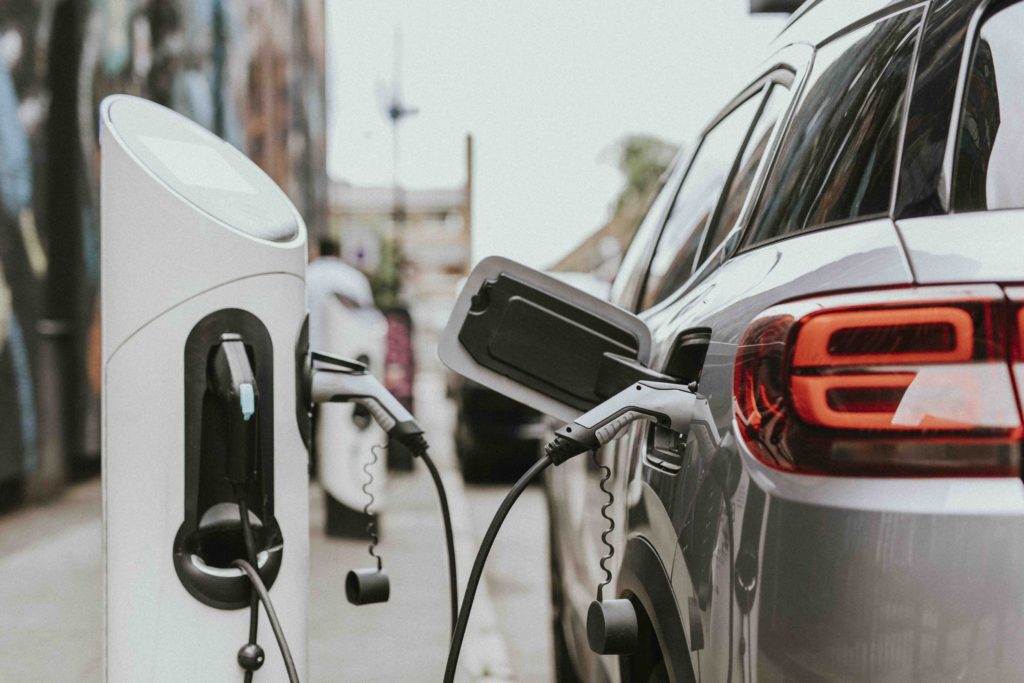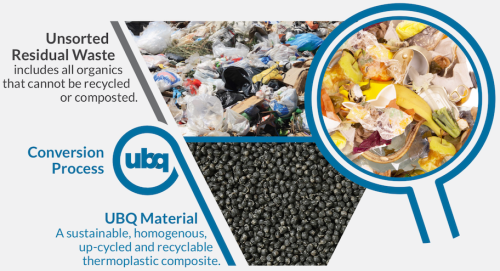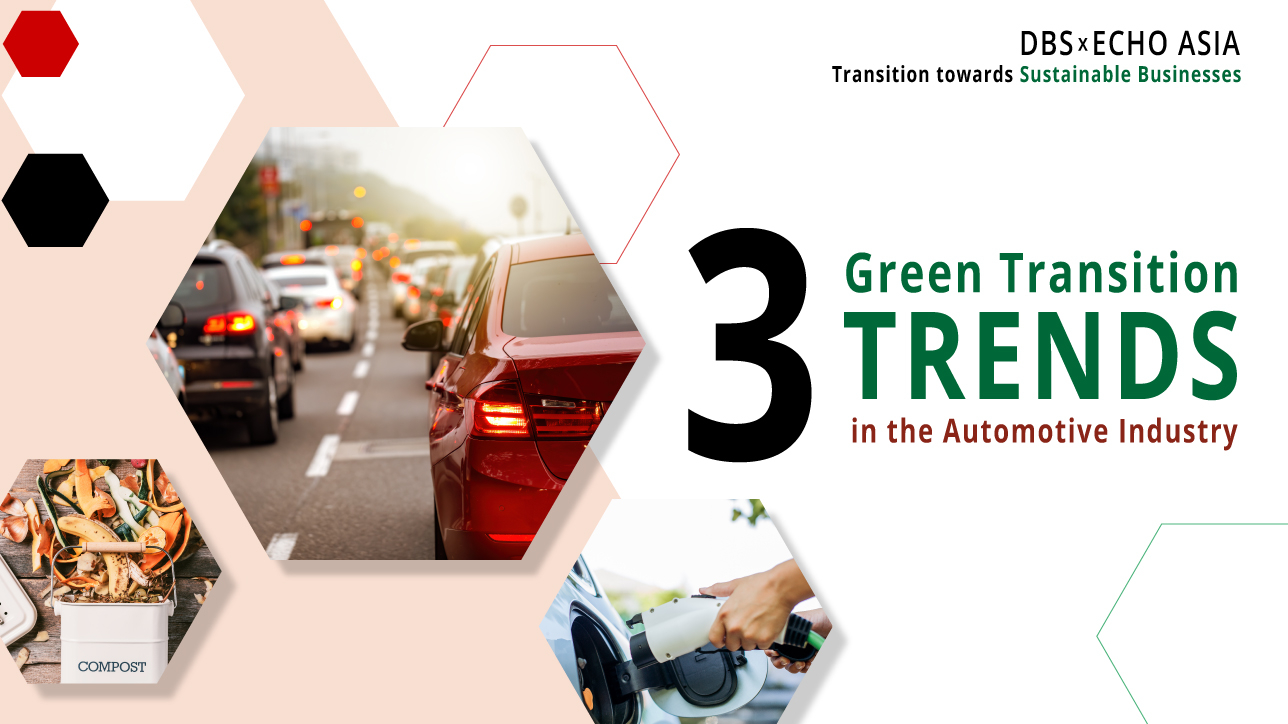#Automotive #GreenTransition #CarbonFootPrint #NewTrends #NetZero #Sustainability #Greenhouse #ZeroEmission
Research & Written by EA Content Team, Edited by Samson Tong
Editor’s Note
With private car ownership being hard to afford in Hong Kong, how much time do you spend on public transport? As an essential part of daily life, it is critical that the automotive industry including public transport needs to take into consideration how to reduce its carbon footprint. As people around the world become increasingly united in their goal to reduce carbon emissions, governments and businesses have signed the Paris Agreement to limit global warming. As one of the major industries contributing to greenhouse gas emissions, the automotive industry must embrace more sustainable practices.
According to S&P Global, around 70% of the enterprises surveyed will have at least one of their assets threatened due to climate change by 2050, with supply chains being the most likely to be directly impacted. Further research suggests that an estimated 80% of multinational corporations are likely to stop working with suppliers who don’t have plans to transition to lower carbon business models in the next three years. Different industries seek ways to transition, and let’s look into major transition trends from the automotive industry.

1. Low-carbon public transport
To achieve carbon neutrality by 2050, Hong Kong has committed to facilitating net-zero transition in the automotive industry. Although many small and medium-sized enterprises (SMEs) are participating in this transition, their efforts often end in vain due to a lack of strategic knowledge and capital. Under these circumstances, advice from banks can be invaluable.
Kwoon Chung Bus Holdings Limited (Kwoon Chung), the leading non-franchised bus company in Hong Kong, has devoted itself to transitioning to a green business and aligning with international practices. Boosted by a HKD$348 million sustainability-linked loan from DBS, Kwoon Chung has set two main KPIs: achieving a 9% reduction of greenhouse gas emission intensity, and replacing/upgrading most of its older bus fleets with the more environmental friendly Euro VI diesel commercial vehicle classes in the next five years. On top of promoting green transport in the city, this approach will also encourage the entire industry to reduce greenhouse gas emissions, improving the general air quality in Hong Kong.

What’s more, electric single-deckers are now being adopted by Kowloon Motor Bus (KMB). New World First Bus (NWFB) and Citybus have also unveiled Hong Kong’s first double-decker electric bus and launched the “Mission Zero” campaign with the aim of operating a full-fleet of zero-emission buses by 2045, leading Hong Kong into a new green era.
2. Electric vehicles
According to the International Energy Agency (IEA), light-duty vehicles are a major source of carbon emissions, accounting for 45% of global transport emissions. Last year, the United Nations Climate Change Conference included “the phasing-down of fossil fuels” as an agenda, causing international vehicle manufacturers like Volvo, Ford, General Motors, Mercedes-Benz, and Jaguar Land Rover to commit to selling only zero-emission vehicles by 2035 and ending the production of fossil-fuel vehicles by 2040.
In other words, electric vehicles are becoming a major trend. In 2021, the global sales volume of electric cars soared by 109% to 6.5 million – an amount that is set to grow exponentially in 2022. The proportion of electric car usage in Hong Kong has also been escalating. In the first quarter of this year, electric vehicles accounted for half of total private car sales, demonstrating a rising demand for electric cars.

3. Manufacturing vehicles with sustainable raw materials
As part of its transition to a green economy, the automotive industry has been switching to more sustainable raw materials and substitutes for traditional manufacturing methods to reduce resource consumption. To ensure that sustainable practices are adopted during the development process, key factors such as the vehicle’s components, interiors, and overall design are considered. Besides lightweight construction, which decreases fuel usage and pollution, companies are also choosing sustainable manufacturing methods, raw materials, and suppliers. For example, Mercedes-Benz has increased its use of recycled materials and secondary raw materials to transform its value chain to a closed-loop supply chain (CLSC). Also, instead of plastic, the company has been using a new type of thermoplastic called UBQ in its cable conduits.
Developed by UBQ Materials, an Israeli cleantech company, UBQ is a climate-positive patented thermoplastic material which can turn unsorted household waste such as food residue, cardboard, mixed plastics, and diapers into a basic natural component. This is then manufactured into a brand-new sustainable material that can be widely adopted by businesses as a substitute for traditional thermoplastic.

In summary, the easiest way for companies to engage in the green transition is to begin with waste reduction through their supply chain, including filtering raw materials, owners and origin of the resources, as well as putting more emphasis on manufacturing processes. It is clear that sustainable practices have already become a major business trend globally. No matter what industry you are in or what role you play in your business, it is time to go green.
Reference:
星展銀行(香港)與冠忠巴士集團 簽訂3.48億港元可持續發展表現掛鈎貸款 推動轉型金融. [online] Available at: <https://bit.ly/3zavLP5> [Accessed 27 May 2022].
echoasia. (2022). 【入門秘笈】綠色經濟企業新手指南 | ECHO ASIA COMMUNICATIONS. [online] Available at: <https://bit.ly/3wXYa9v> [Accessed 27 May 2022].
綠色轉型,企業急什麼?4大關鍵原因,非轉不可 [online] Available at: <https://bit.ly/3wUTBwP> [Accessed 27 May 2022].
何瑞芬 (2022). 電動巴士|首架雙層電巴啟用 5月行城巴5B及22M路線 或暑假載客. [online] 香港01. Available at: <https://bit.ly/3Nhsm5j> [Accessed 4 Jun. 2022].
Mercedes-Benz的未來豪華移動:節約資源並使用可持續材料 [online] Available at: <https://bit.ly/3avUTpi>[Accessed 27 May 2022].
Greenpeace 綠色和平 | 香港. (n.d.). COP26總結:聯合國氣候大會結果如何?減碳協議是成是敗? [online] Available at: <https://bit.ly/3zJLtkz> [Accessed 16 Jun. 2022].
聯合新聞網 (2021). 6大車廠2040年前逐步停產化石燃料車 豐田、福斯沒點頭. [online] 聯合新聞網. Available at: <https://bit.ly/3QsUeFr> [Accessed 16 Jun. 2022].
Now 新聞. (n.d.). 首季電動車銷量佔新售私家車的一半 環境局形容屬歷史性增幅. [online] Available at: <https://bit.ly/3tIbmNJ> [Accessed 16 Jun. 2022].
IEA. (n.d.). Tracking Transport 2021 – Analysis. [online] Available at: <https://bit.ly/3Qgnpvw> [Accessed 16 Jun 2022]
【About DBS x ECHOASIA Transition towards Sustainable Businesses】
We’re Asia-Pacific’s most innovative digital communications agency focused on promoting and supporting a low-carbon lifestyle for the well-being of the people, community, and the environment, by offering meaningful digital, social, branding and Sustainabilitycommunications solutions to corporates across Asia-Pacific. Through this Business Sustainability series of “Transition towards Sustainable Business”, we here to bring you an in-depth analysis and overview about business sustainability development in Hong Kong.
| Follow us for more related information |

